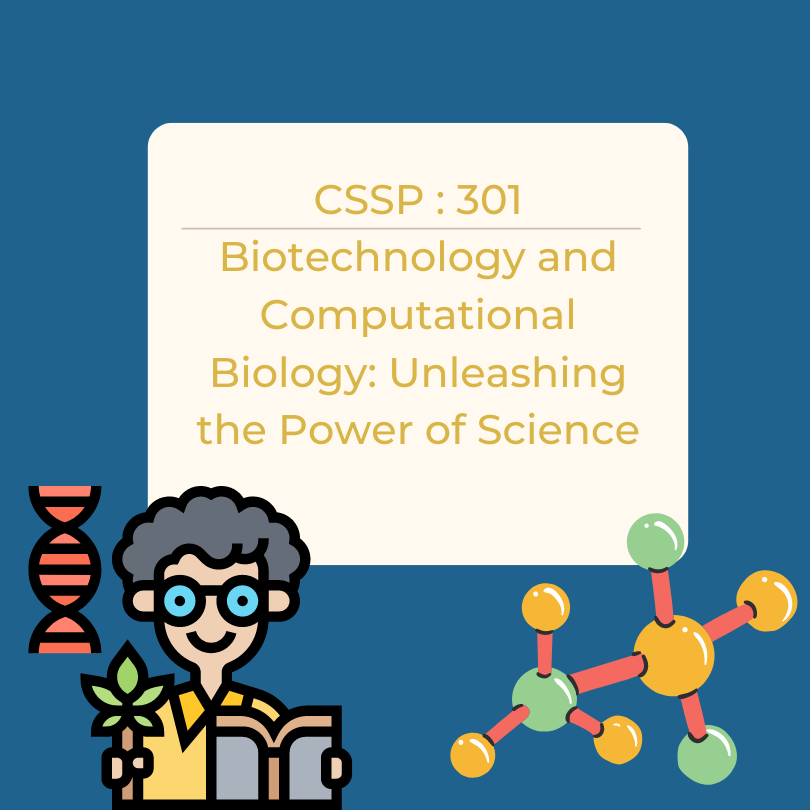We are currently living in an era of unprecedented scientific progress, much of which has been fueled by the increase in computational power. In the 60 years since researchers first discovered DNA, the code of life, we have gained an understanding of the complex processes that turn this string of nucleic acids into the complex life forms we see across the planet. We are now able to genetically engineer cells, plants, animals, and even human beings with remarkable precision; develop novel vaccines for diseases such as HIV and even some cancers; and create artificial organs from stem cells. We are living in the era of the biotechnological revolution!
Given the imminent changes that will happen across the globe within the next 40 years due to climate change, we will need a generation of doctors, engineers, and scientists who can use their understanding of both biology and computer science to create new medicines, use nature’s complexity to engineer new materials, stabilize ecosystems from collapse and even generate new sources of food.


